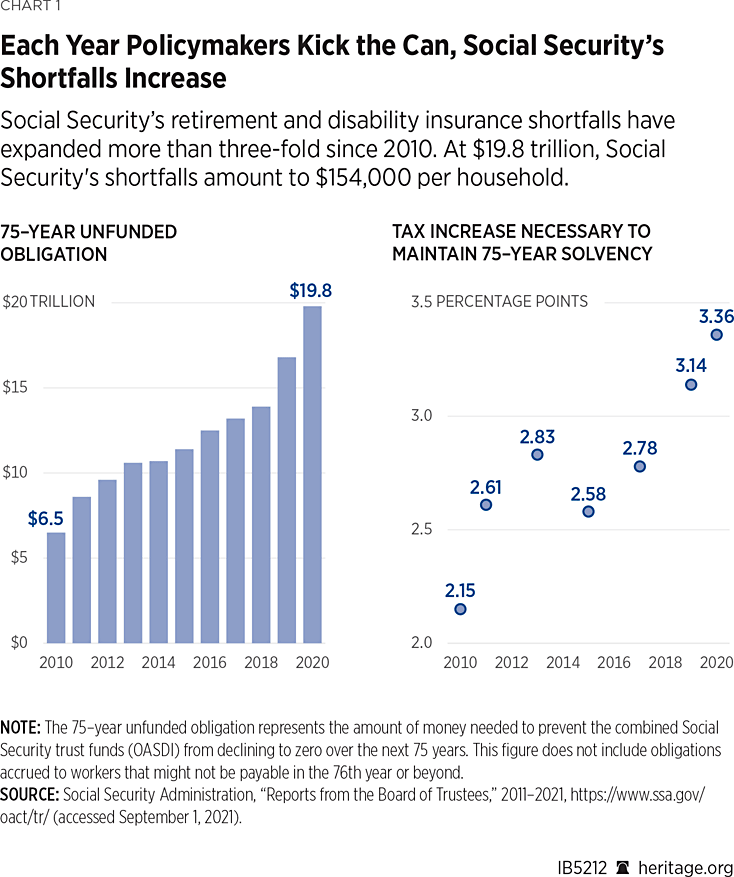To: Vermont Lt
The part about being a supplement works for people in the middle or the higher end of the scale, but somewhere along the way SS became a mainstay for many people, especially the people at the lower end of the scale who spent a lifetime living from check to check, having some disaster or illness wipe out savings, etc.
If it was really a supplement to provide some extra spending money, tax every dollar of it.
My part-time job is with a local NFP go-between from food banks to food pantries. Maybe I just see too many people who were at the low end of the scale, and those are the people who are being shorted with this increase while the government(s) spend so much on illegals, high salaries and pensions to government employees, and all of the waste and corruption.
I'm tired of seeing this happen.
21 posted on
11/26/2023 7:10:02 AM PST by
Bernard
(We honor veterans who fought to keep this country from turning into what it now is. --Argus Hamilton)
To: Bernard
About 80% of American wage earners pay more in payroll taxes than income taxes. The nonpartisan Tax Policy Center estimates that 57% of U.S. households paid no federal income taxes for 2021, up substantially from the 44% before the pandemic.
Seven Hard Truths Americans Should Know About Social Security in 2021—and Five Ways to Strengthen Social Security
3. Social Security Has Now Been in the Red for More Than a Decade. Last year marked the 11th straight year that Social Security has been in the red, with the program paying out $96 billion more in benefits than it collected in payroll taxes. The only reason why the program is still considered solvent is that it is cashing in on IOUs that were previously issued to the program in exchange for using some of the payroll taxes that most people think are being set aside to fund their future benefits to finance other government spending. Cashing in those IOUs requires the Treasury to issue more publicly held debt.
5. The Costs of Congressional Inaction Are Exponential. Each year that policymakers ignore Social Security’s shortfalls results in ever-higher costs and consequences for workers and retirees. Between just 2010 and 2020, Social Security’s combined retirement and disability programs’ unfunded obligations tripled, from $6.5 trillion to $19.8 trillion, and the size of immediate tax increases needed to maintain the programs’ solvency jumped from a 2.15 percentage-point increase to a 3.36 percentage-point increase. A 15.76 percent payroll tax, compared to the current 12.4 percent, would mean a $7,880 social security tax bill for someone making $50,000 per year. Not only would those taxes mean lower incomes during workers’ careers, but also lower incomes in retirement. A Heritage Foundation analysis found that even if politicians coupled tax increases with higher benefits, workers across all income levels would be worse off.

36 posted on
11/26/2023 7:38:34 AM PST by
kabar
To: Bernard
So, I should pay more taxes on my savings to pay for people who did not save enough? In the end, it brings us all down to living day to day.
No thanks.
41 posted on
11/26/2023 7:52:16 AM PST by
Vermont Lt
(Don’t vote for anyone over 70 years old. Get rid of the geriatric politicians.)
FreeRepublic.com is powered by software copyright 2000-2008 John Robinson
